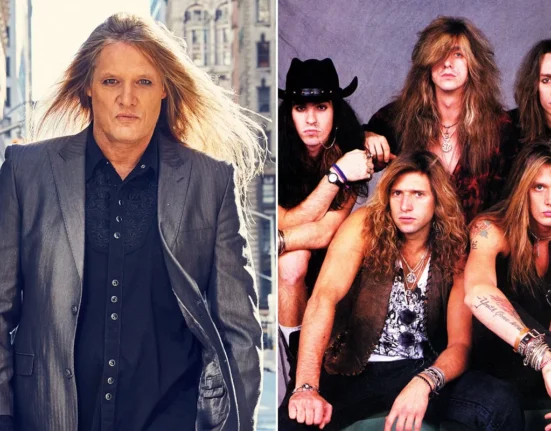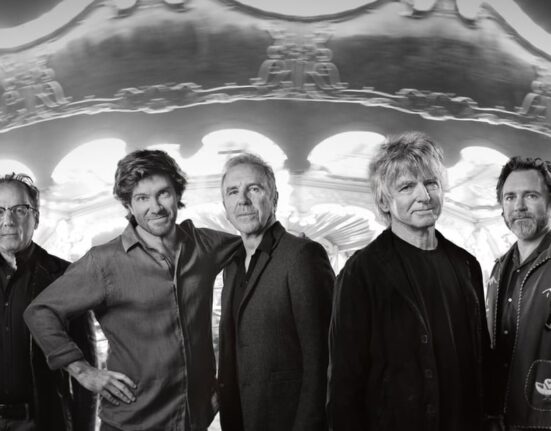Loretta Swit, renowned for her portrayal of Major Margaret “Hot Lips
” Houlihan in the groundbreaking TV series M.A.S.H., has passed away at the age of 87. The news of her demise was confirmed by publicist Harlan Boll, who mentioned that Swit likely succumbed to natural causes at her residence in New York City.
Swit’s performance as Major Houlihan alongside Alan Alda on M.A.S.H. left an indelible mark on television history. The show, based on Robert Altman’s film and Richard Hooker’s novel, chronicled the lives of personnel at the 4077th Mobile Army Surgical Hospital during the Korean War. The series ran for an impressive 11 years from 1972 to 1983 and concluded with a record-breaking finale that captivated over 100 million viewers.
“
Swit transforms the character of Houlihan,
” remarked critics and fans alike as she brought depth and nuance to a role previously depicted more one-dimensionally. Through her portrayal, Swit steered Houlihan’s evolution from a caricature to a multi-faceted individual, reflecting the changing societal landscape influenced by feminism in the ’70s.
Describing her approach to portraying Houlihan authentically, Swit shared insights with Suzy Kalter, author of The Complete Book of ‘M.A.S.H.’: “
I took each traumatic change that happened in her life and kept it… She was a character in constant flux; she never stopped developing.
”
M.A.S.H., initially met with modest success, gained momentum in subsequent seasons under Swit’s impactful presence. Her dedication to showcasing women’s issues within the military setting resonated with audiences and critics alike.
“
Loretta Swit’s portrayal of Margaret ‘Hot Lips’ Houlihan was groundbreaking – bringing heart, humor, and strength to one of television comedy’s most enduring roles,
” praised National Comedy Centre executive director Journey Gunderson.
Despite various challenges faced by the cast over its long run—including cast changes—Swit remained a constant force on M.A.S.H., appearing in nearly every episode while championing meaningful storylines that addressed PTSD, sexism, and racism within a comedic yet poignant framework.
Reflecting on her character’s journey towards the series’ end, Swit revealed conflicting sentiments about Houlihan’s final decisions: “
I didn’t think that was correct for my Margaret… I think her next move was Vietnam.” This internal conflict added layers to both Swit’s performance and viewers’ perceptions of Major Houlihan.
Post-M.A.S.H., Loretta Swit continued to pursue philanthropic endeavors related to animal welfare while also maintaining ties with theatrical productions across Broadway and regional theaters. Her legacy extends beyond television screens into advocacy work that mirrored her compassionate ethos off-screen.









Leave feedback about this